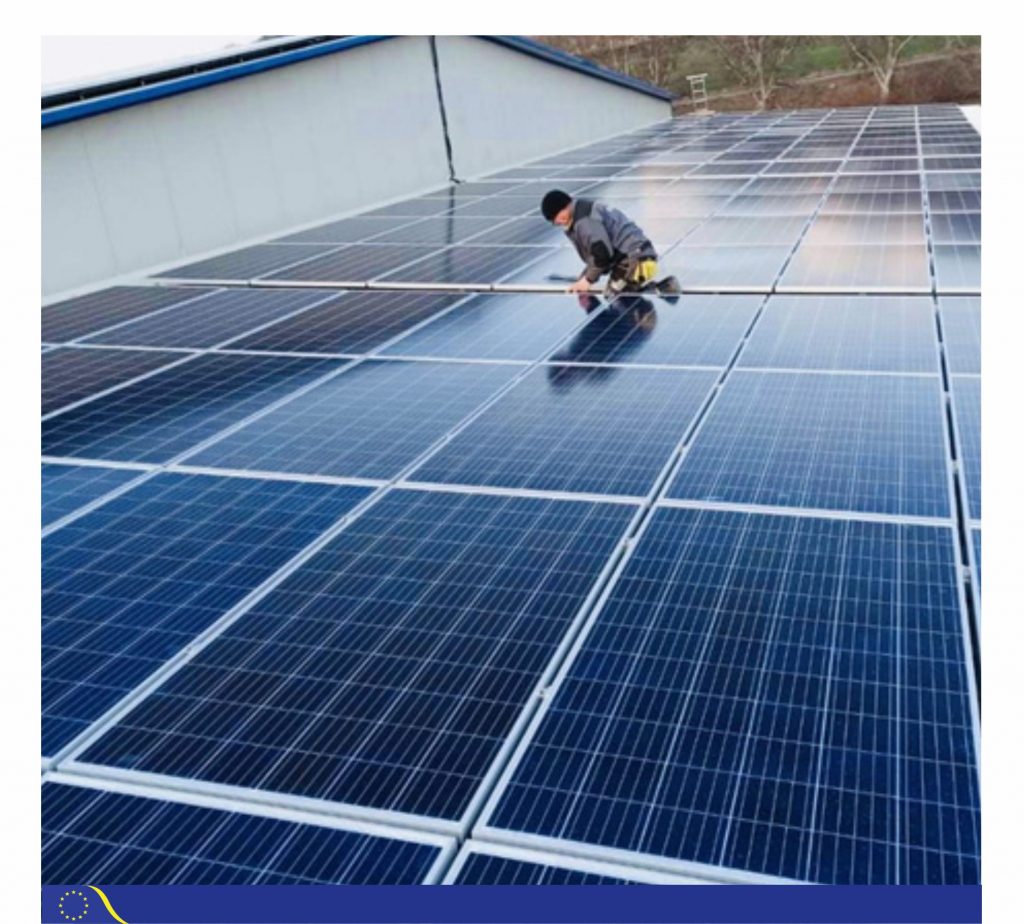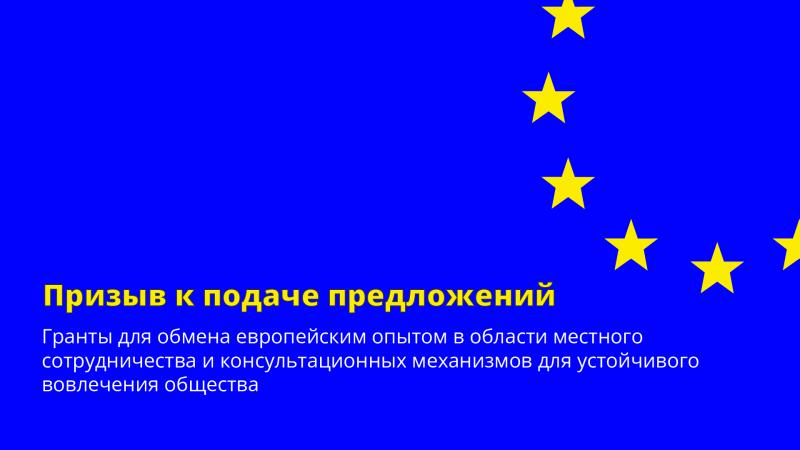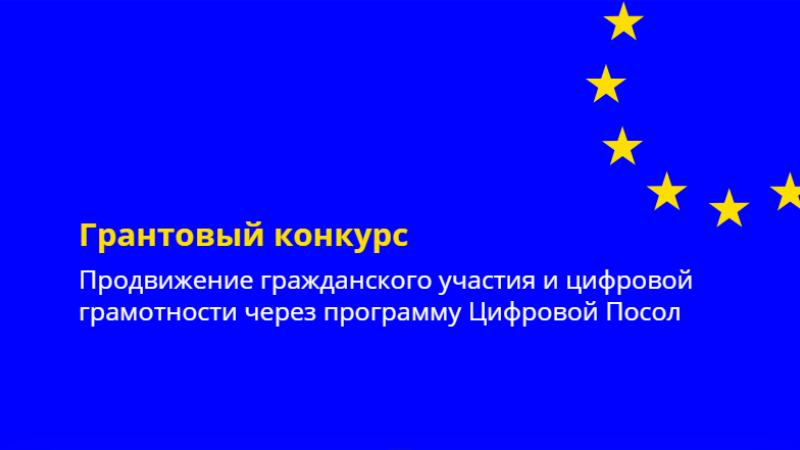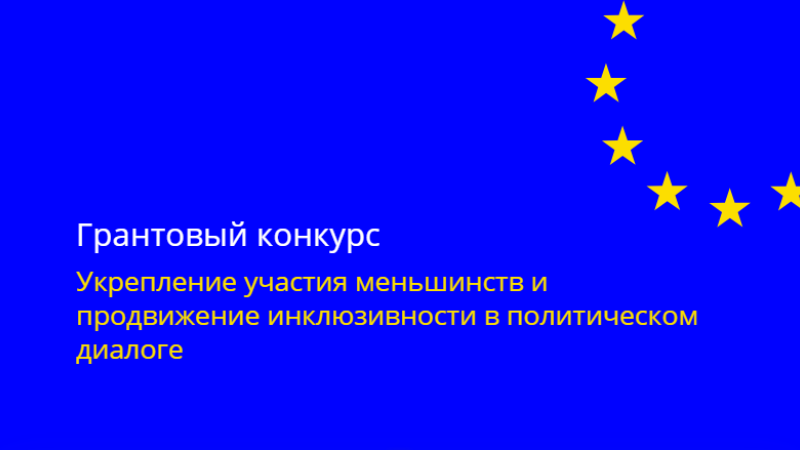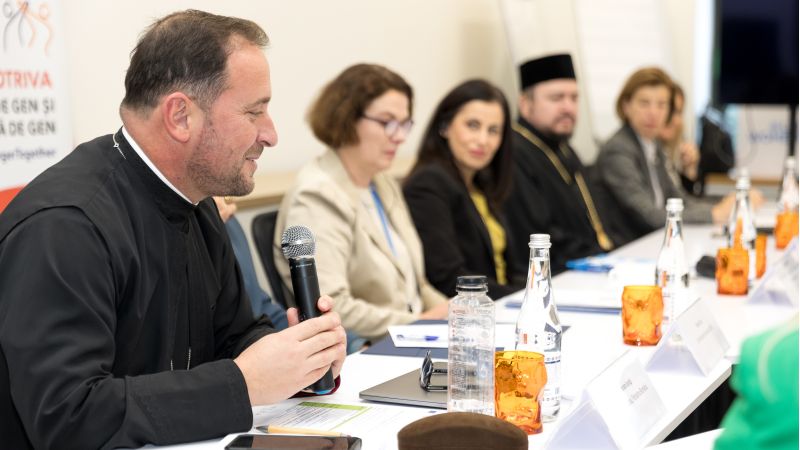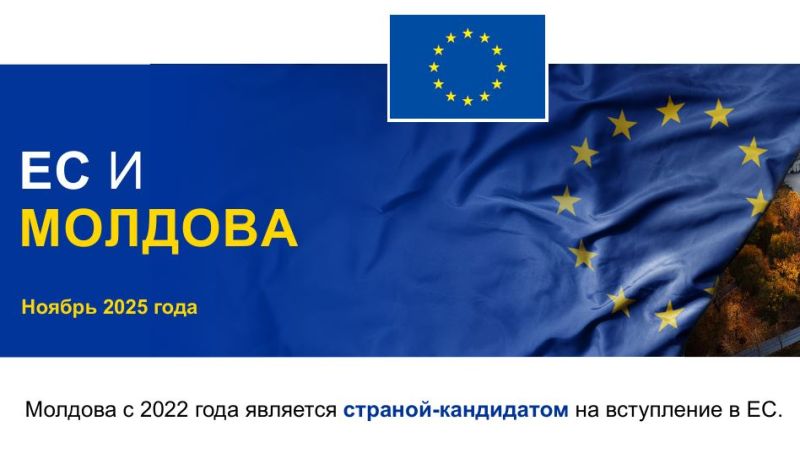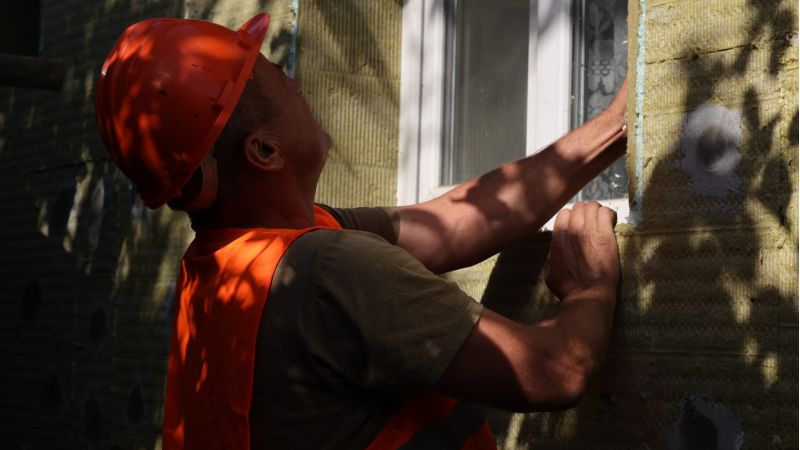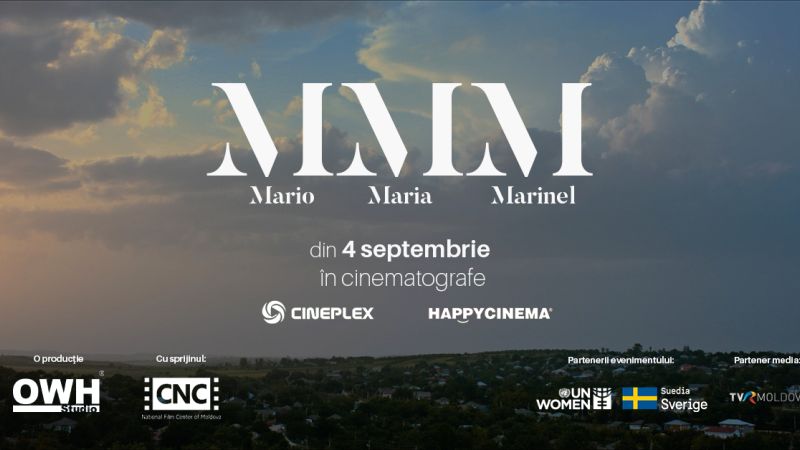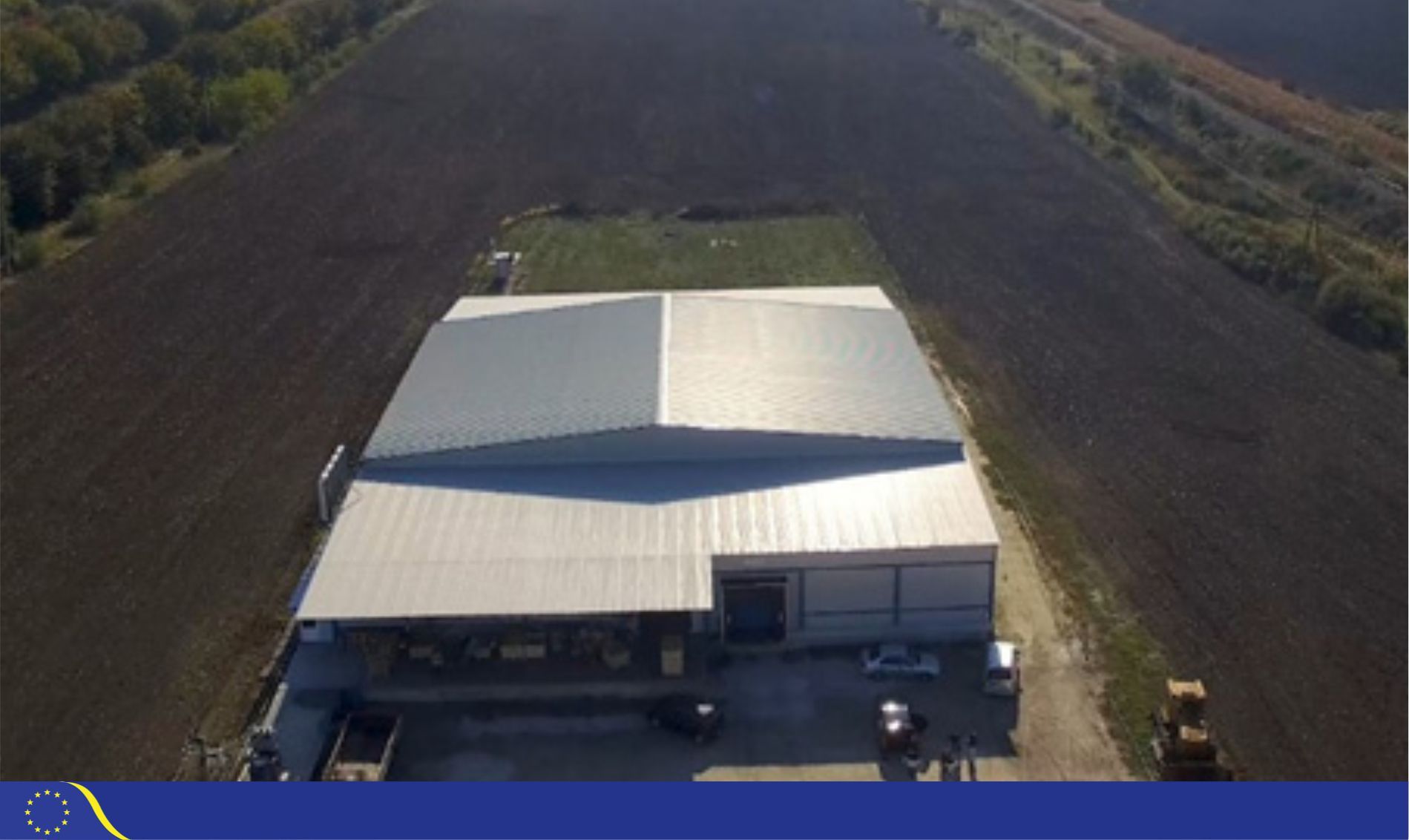
Европейский Инвестиционный Банк поддерживает инвестиции в солнечную энергетику в сельском хозяйстве Молдовы
With 0.08 to 0.10 EUR per kg of apples, the cost of cold storage is significant while electricity expenses take the lion’s share. Moldova has over 600 cold stores, but practically none uses PV panels. In February 2020, the first cold store now received PV panels which were financed by the EIB credit operation Livada Moldovei.
The owner of the cold store, PDG Fruct, is a family business from the village of Pituşca growing plums, apples and strawberries. On the roof of their cold store, the young Moldovan company Zaw Energy now installed 300 poly panels with a total capacity of 100 kW. The turnkey project costed about 80,000 EUR and included the preparation of documents to receive state investment subsidies of nearly half the project costs. The investment will reduce the annual electricity bill by about 11,000 EUR every year over at least 15 years, although the panels come with a 25-year warranty for their efficiency. With the subsidies and due to VAT exemption for EIB financed investments, the payback period of this investment is only 3.5 years. If electricity prices increase over the next years, and this is to be expected as the country is an electricity importer, the annual savings may even grow.
The solar system of PDG Fruct works on a net metering basis: The grid is used as a “battery” when surplus energy is produced. However, altogether this 100 kW installation will only cover up to 35% of the annual energy consumption of the cold store. A capacity increase to 200 kW, which is the maximum allowed by law, is planned for next year.
Two more horticultural companies have already applied for EIB-financed PV projects – and with over 600 cold stores, the future potential is huge. Zaw Energy is a young enterprise that initially focused on hydropower plants and large solar projects in Europe, Africa, and Latin America. However, the new constellation in Moldova with state subsidies and EIB-financed loans inspired the company to invest time and efforts into developing renewables in their home country, Moldova, where solar investments can produce great returns by a well-positioned fruit industry.
For more information on “Fruit Garden of Moldova”, the Plamadeala family and other Moldovan fruit producers, watch this video: https://www.youtube.com/watch?v=feYuJ28TBEY&t=13s
